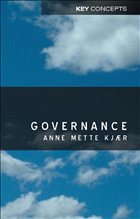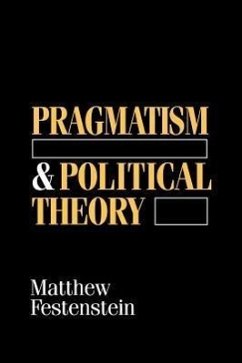
The Cosmopolitanism Reader
Versandkostenfrei!
Versandfertig in über 4 Wochen
93,99 €
inkl. MwSt.

PAYBACK Punkte
47 °P sammeln!
The world is becoming deeply interconnected, whereby actions in one part of the world can have profound repercussions elsewhere. In a world of overlapping communities of fate, there has been a renewed enthusiasm for thinking about what it is that human beings have in common, and to explore the ethical basis of this. This has led to a renewed interest in examining the normative principles that might underpin efforts to resolve global collective action problems and to ameliorate serious global risks. This project can be referred to as the project of cosmopolitanism. In response to this renewed c...
The world is becoming deeply interconnected, whereby actions in one part of the world can have profound repercussions elsewhere. In a world of overlapping communities of fate, there has been a renewed enthusiasm for thinking about what it is that human beings have in common, and to explore the ethical basis of this. This has led to a renewed interest in examining the normative principles that might underpin efforts to resolve global collective action problems and to ameliorate serious global risks. This project can be referred to as the project of cosmopolitanism. In response to this renewed cosmopolitan enthusiasm, this volume has brought together 25 seminal essays in the development of cosmopolitan thought by some of the world's most distinguished cosmopolitan thinkers and critics. It is divided into six sections: classical cosmopolitanism, global justice, culture and cosmopolitanism, political cosmopolitanism, cosmopolitan global governance and critical examinations. This volume thus provides a thorough and extensive introduction to contemporary cosmopolitan thought and acts as a definitive source for those interested in cosmopolitan thinking and its critics.














